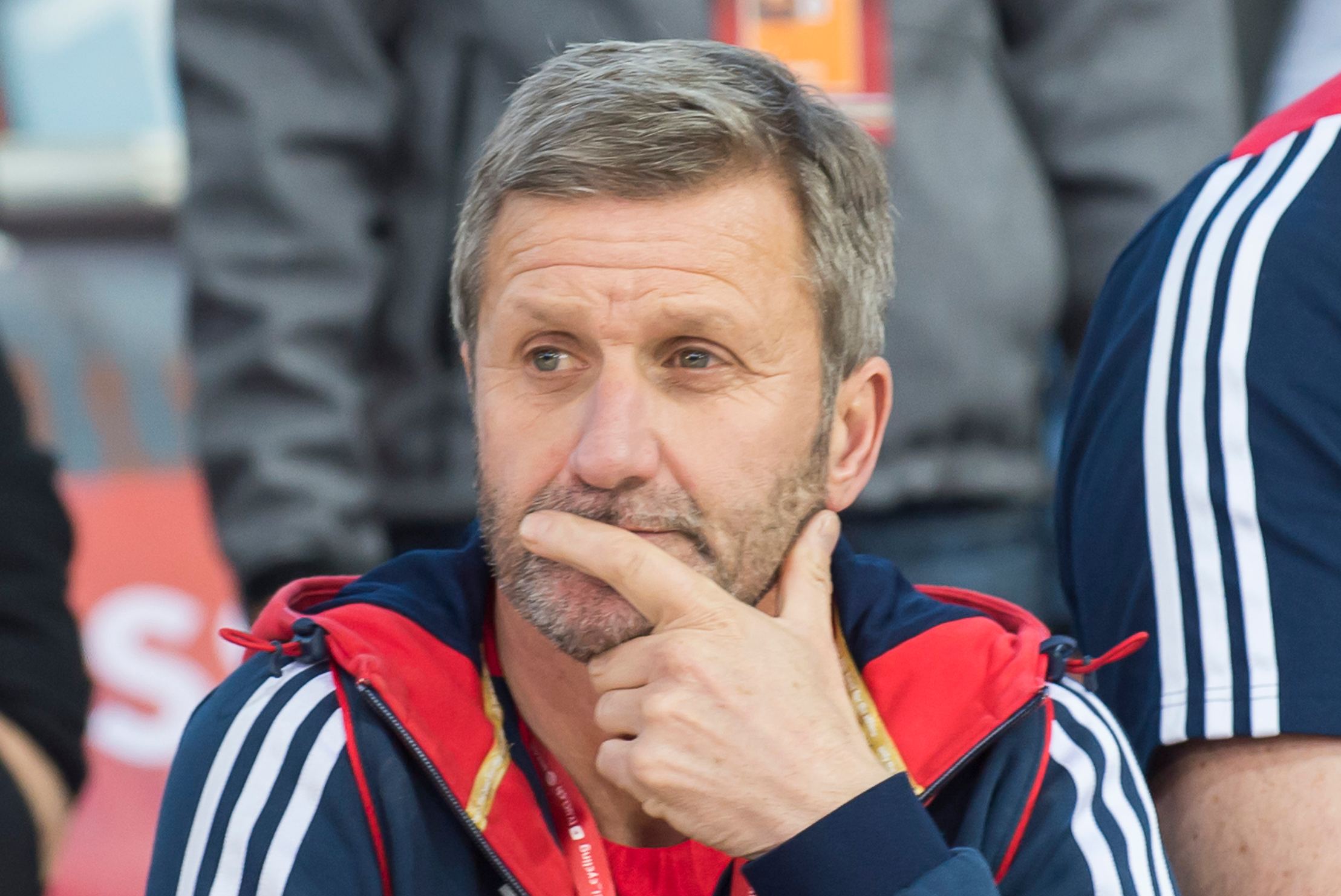
Last week's ruling on the Richard Freeman doping case ended a near seven-year wait for justice, but left many unfulfilled.
The doctor, formerly of British Cycling and Team Sky, was handed a four-year ban for his role in ordering a banned substance. The news should have brought a sense of closure, but instead left a lot of questions unanswered, the biggest of which being how could a doping violation have no dopees?
In 2011, Freeman ordered testosterone in the form of Testogel to British Cycling’s HQ at the Manchester Velodrome. He argued that it was for a 'non-rider’, namely coach Shane Sutton, who he claimed had erectile dysfunction. But in 2021, the Medical Practitioners Tribunal found Freeman guilty of ordering the banned substance “knowing or believing” it to be for a rider to improve their performance.
Throughout the investigation, the rider was treated as 'unnamed', meaning that it is unknown who it could be. There were no positive anti-doping tests, no admissions and crucially no proof of who, if anyone, used the Testogel. So what chance do we stand of ever finding out?
There are, perhaps, only a handful of people who know who the drug was truly intended for, and Freeman is likely the best placed to say. Still, he is under no obligation to reveal names.
This stems in part from the fact that doping in sport is not a criminal offence in the UK. Yes, it is banned by the relevant sports authorities - in this case UK Anti-Doping (UKAD) - but there is no specific legislation against doping.
This is not the case in other countries. In France and Italy, sports doping is criminalised, and punishable with fines and prison sentences. The US also introduced a law in 2020, the Rodchenkov Anti-Doping Act, which allowed criminal charges to be brought against those who violate anti-doping rules.
In the UK, no such laws exist. The consequence of this is that the police, who are typically better resourced and have more powers than the anti-doping authorities, have no mandate to investigate.
In many of cycling’s previous high-profile doping cases, police involvement has been crucial. Take the Festina Affair, for example, which unraveled after a soigneur was stopped at the French border in possession of doping products. A sequence of arrests and police raids followed, leading to charges against ten people.
It was a similar story with Operación Puerto, in which Spanish police raided residences and found a damning list of athletes involved.
In 2017, the UK government carried out a review of the criminalisation of doping in sport, but concluded that criminalising would be “disproportionate in the battle to keep sport clean”. It noted that some forms of doping are captured by the Misuse of Drugs Act and the Medicines Act. However, these are not relevant to the Freeman case as testosterone use is legal in the UK.
The onus to investigate therefore falls to the national doping authority, UKAD. Until now, the organisation has relied principally on testing for its intelligence, and in the year up to 2023, it carried out over 9,000 tests, of which 408 were in the sport of cycling.
When it comes to investigations, however, UKAD lacks the same powers to pursue cases as the police. The organisation visited the Manchester Velodrome regarding the Freeman case in 2016, but did so with “full-cooperation” from British Cycling. This meant it was not so much a raid or “drug swoop”, as the Daily Mail wrote at the time, as it was an unannounced visit - like Dracula, it needed to be invited in.
Contacted by Cycling Weekly, UKAD refused to confirm or deny whether there are now investigations underway into riders who may have been doped by Freeman.
Cycling Weekly also approached Ineos Grenadiers, as Freeman's former Team Sky are now known, but was redirected to a press release from 2021 that said: “The team does not believe that any athlete used or sought to use Testogel or any other performance-enhancing substance.”
What this means is, unless a whistleblower appears, or greater investigative powers are granted, it is unlikely we will ever know for sure if a rider doped in the Freeman case. The doctor himself may be suspended, but the heart of the case looks set to remain a mystery.







